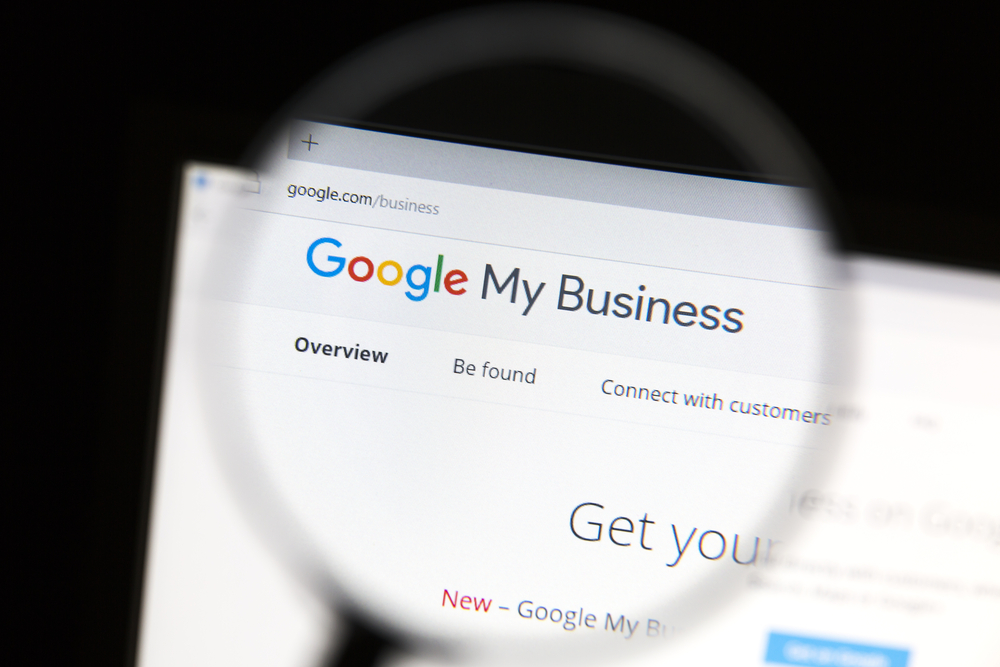If you have ever wondered why your neighbor’s bakery shows up in local searches and yours does not, or why some service-based businesses dominate Google while others are invisible, the answer lies in understanding the difference between local SEO and traditional SEO.
Both strategies help your business show up online, but how they do it and who they help you reach is where things get interesting.
In this guide, we will explore the complete breakdown of local SEO vs traditional SEO, how they work, who needs what, and most importantly, how you can smartly decide which one to focus on (or whether you need both).
What Is Local SEO and How Does It Work for Nearby Customers?
Local SEO helps businesses show up in search results within a specific area or location. It is all about helping your business become visible to people who are searching for services or products close to where they are.
For example, if someone in Austin searches “best dentist near me,” Google shows local dental clinics based on proximity, customer reviews, and business profiles. That is the power of local SEO: it connects real-time searches with nearby businesses.
Key local SEO techniques include:
- Creating and optimizing your Google Business Profile
- Collecting positive local reviews
- Building local citations (business listings on directories like Yelp or Yellow Pages)
- Optimizing your website for geo-specific keywords
- Embedding Google Maps on contact pages
- Making sure your NAP (Name, Address, Phone) is consistent across all platforms
When done right, local SEO can drive foot traffic, phone calls, and bookings from people who are already looking for services you offer.
Related Read: Digital Marketing Services for Cardiology – see how location-based SEO helps doctors get more patients locally.
What Is Traditional SEO and Why Does It Matter for a Wider Audience?
Traditional SEO, also called national or organic SEO, focuses on helping your website rank on a broader level, not tied to any specific location. It is about optimizing your site so people from anywhere can find it based on general keywords.
If someone types “how to fix a leaking tap” or “best home workout routines,” they are not necessarily looking for a plumber or a gym nearby – they are looking for information. That is where traditional SEO comes in.
Traditional SEO focuses on:
- In-depth keyword research and content writing
- Technical SEO (site speed, mobile friendliness, secure connections)
- Backlinks from high authority sites
- On-page SEO (meta tags, internal linking, headers)
- Building authority over time with informational content
It works best for e-commerce stores, blogs, online service providers, and companies offering services nationwide or globally.
Related Guide: Mastering Digital Marketing for Professional Services – understand how traditional SEO helps you build authority and trust.
Local SEO vs Traditional SEO – Key Differences That Actually Matter
Let us look at how they differ in real-world impact:
| Feature | Local SEO | Traditional SEO |
| Target audience | Local community | National or global visitors |
| Search intent | “Near me” or location-based | Informational or product-based |
| Visibility platform | Google Maps, local packs | Google organic search results |
| Ranking factors | Proximity, reviews, citations | Backlinks, content quality, site authority |
| Conversion goal | Walk-ins, phone calls, service appointments | Website traffic, leads, online purchases |
Example: A local bakery would benefit from local SEO, while an online recipe blog would grow with traditional SEO.
Which One Should You Choose – Local or Traditional SEO?
It depends entirely on your business model and customer reach.
Choose Local SEO if:
- You have a physical location like a store, clinic, or office
- You rely on walk-in traffic or local bookings
- You want to appear on Google Maps and local packs
- Your competition is other nearby businesses
Choose Traditional SEO if:
- You serve clients across cities or countries
- You sell products or services online
- You want to build a strong content marketing presence
- You want to grow long-term organic visibility
And if you are running a business that fits both, say, a law firm that serves locally but also shares informative blog content for national visitors, then combining both approaches is the smartest strategy.
How Do Google Business Profiles Help with Local SEO?
Your Google Business Profile is like a mini-website that shows your business hours, location, photos, reviews, and services. It is the single most important tool in local SEO.
Businesses that verify and optimize their profile with proper categories, local keywords, and regular updates often rank higher in local searches.
Make sure you:
- Add a detailed business description with relevant local keywords
- Upload real images (storefront, staff, work in action)
- Ask satisfied customers for reviews
- Keep hours and contact info updated
This builds trust and encourages more people to contact you right from Google without even visiting your site.
On-Page SEO for Local vs Traditional – What You Need to Do Differently
Both strategies rely on on-page SEO, but the way you optimize differs slightly.
Local SEO on-page tips:
- Add city or neighborhood names in your page titles, headings, and URLs
- Create location-specific landing pages if you serve more than one area
- Add customer reviews and local success stories
- Use schema markup to tell Google about your location, business type, and hours
Traditional SEO on-page tips:
- Focus on broad keywords that target a larger audience
- Create long-form, high-quality content
- Use internal linking to improve site structure
- Focus on E-E-A-T (Experience, Expertise, Authoritativeness, Trustworthiness)
The Power of Reviews in Local SEO
One of the strongest ranking signals for local search is genuine customer reviews.
Encourage happy clients to leave reviews on:
- Yelp
- Niche-specific sites (like Healthgrades for medical practices)
More reviews = higher trust = higher ranking.
And it’s not just about quantity. Try to get reviews that mention your services and location, like:
“Dr. Ahmed’s dental clinic in Lahore is the best I have been to!”
This reinforces your local relevance in Google’s eyes.
Backlink Strategies – What Works Better in Each Approach
For local SEO, backlinks from local blogs, news websites, and directories are gold. Try collaborating with:
- Local event pages
- Community websites
- Local influencers
For traditional SEO, you’ll need backlinks from:
- High-authority blogs
- Industry sites
- National media coverage
- Guest posting
For extra detail, check out this guide from Search Engine Land for a professional breakdown of both strategies.
Conclusion
To wrap it all up, the battle of local SEO vs traditional SEO is not about which one is better, but which one fits your goals.Local SEO builds community presence and drives real-time action. Traditional SEO builds long-term growth through digital authority.
For most businesses, a blend of both works best. But if you are unsure where to begin, start local. It gets results faster, builds credibility in your area, and helps you dominate a smaller but more loyal customer base.
FAQs – Local SEO vs Traditional SEO
Q1: What is the main difference between local SEO and traditional SEO?
Local SEO targets a specific location while traditional SEO focuses on ranking globally or nationally.
Q2: Can I use both local and traditional SEO together?
Yes, using both together brings the best results if your business serves locally and wants long-term visibility.
Q3: How long does local SEO take to show results?
You can start seeing improvements in 1 to 3 months with consistent effort and proper optimization.
Q4: Does every business need local SEO?
No, only businesses that want to attract nearby customers or have a physical presence need local SEO.
Q5: Is traditional SEO harder than local SEO?
Traditional SEO usually takes longer and requires more content, authority, and backlinks.








